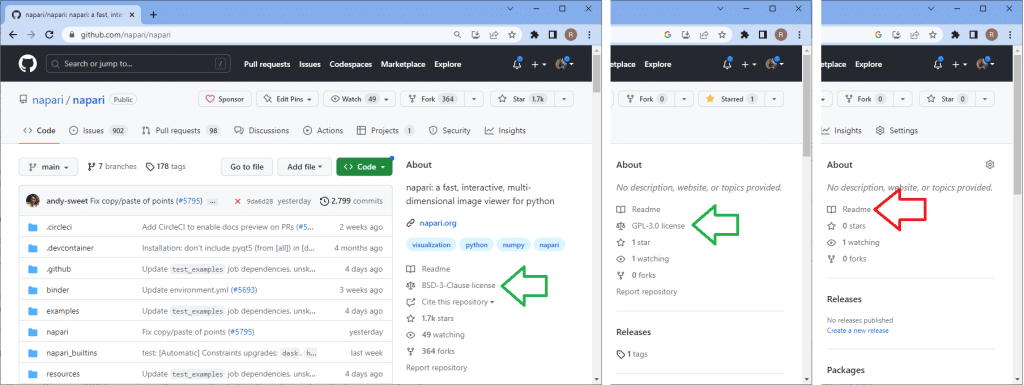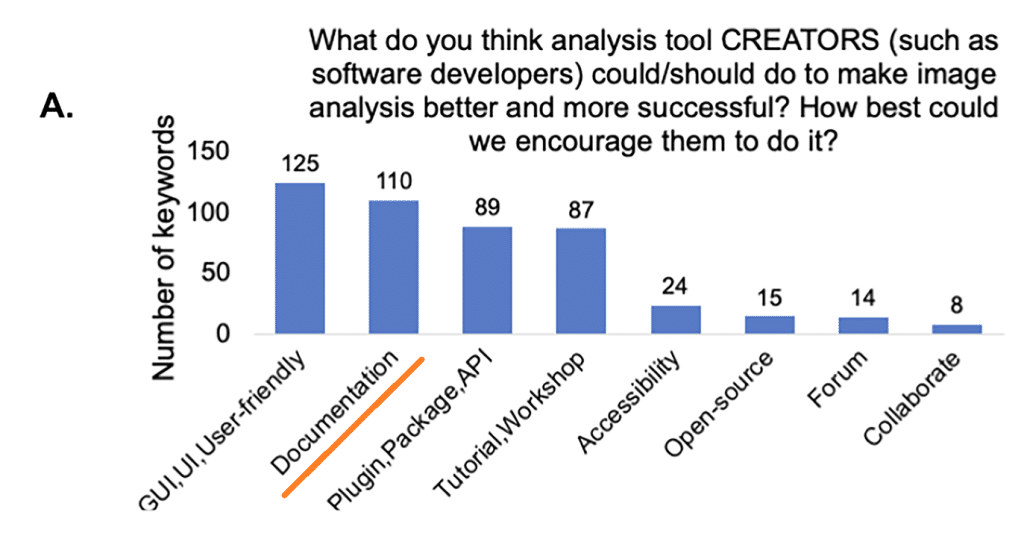Robert Haase is computer scientist by training and follows his curiosity deeper and deeper into data science and life science. He received a PhD from the Faculty of Medicine Carl Gustav Carus of the TU Dresden for his work on swarm intelligence based algorithms for medical image segmentation in the cancer research context. He served as lecturer for bio-image analysis, bio-statistics and programming at the Biotechnology Center of the TU Dresden. His postdoctoral research in Gene Myers lab at the Center for Systems Biology and the Max Planck Institute for Molecular Cell Biology and Genetics concentrates focused on bridging the disciplines computer science and biology to forward understanding of how tissues and organisms form. He headed the Bio-image Analysis Technology Development Group at the Cluster of Excellence "Physics of Life" at TU Dresden.Today, he works as lecturer and training coordinator at the Data Science Center of Leipzig University and the Center for Scalable Data Analytics and Artificial Intelligence ScaDS.AI Dresden / Leipzig.
Microscopy background: Image Analysis
Posted by Robert Haase, on 6 November 2023

Posted by Robert Haase, on 5 September 2023
TL;DR: Coordinating an international conference can be a complex endeavor, especially for scientists whose primary focus often lies outside the realm of event management. A major challenge in this context is timing. In this blog post I outline a potential schedule of tasks for organizing an international conference such as the PoLBIAS23. As a seniorPosted by Robert Haase, on 6 May 2023

Posted by Robert Haase, on 30 April 2023

Posted by Robert Haase, on 15 February 2023
